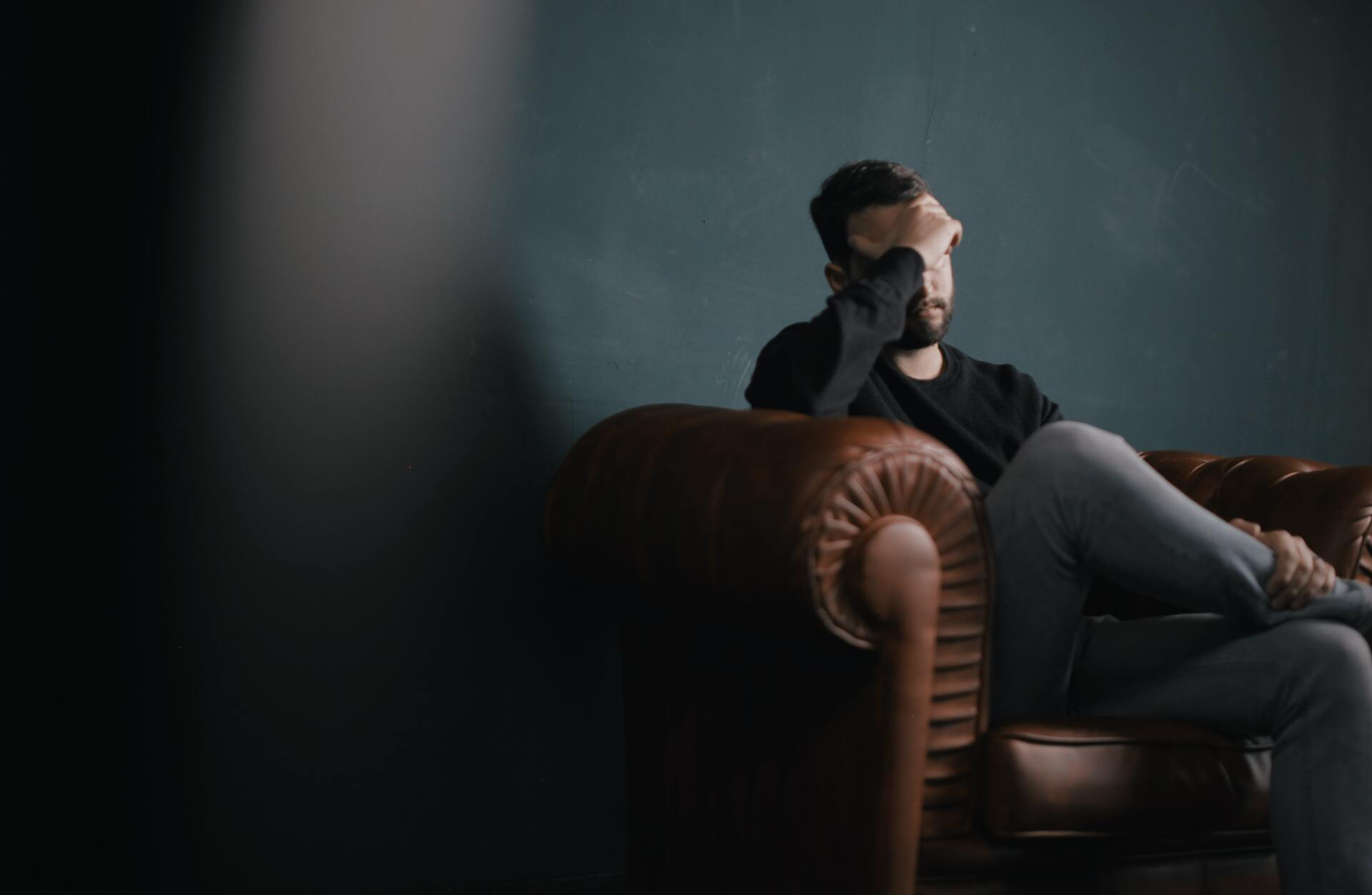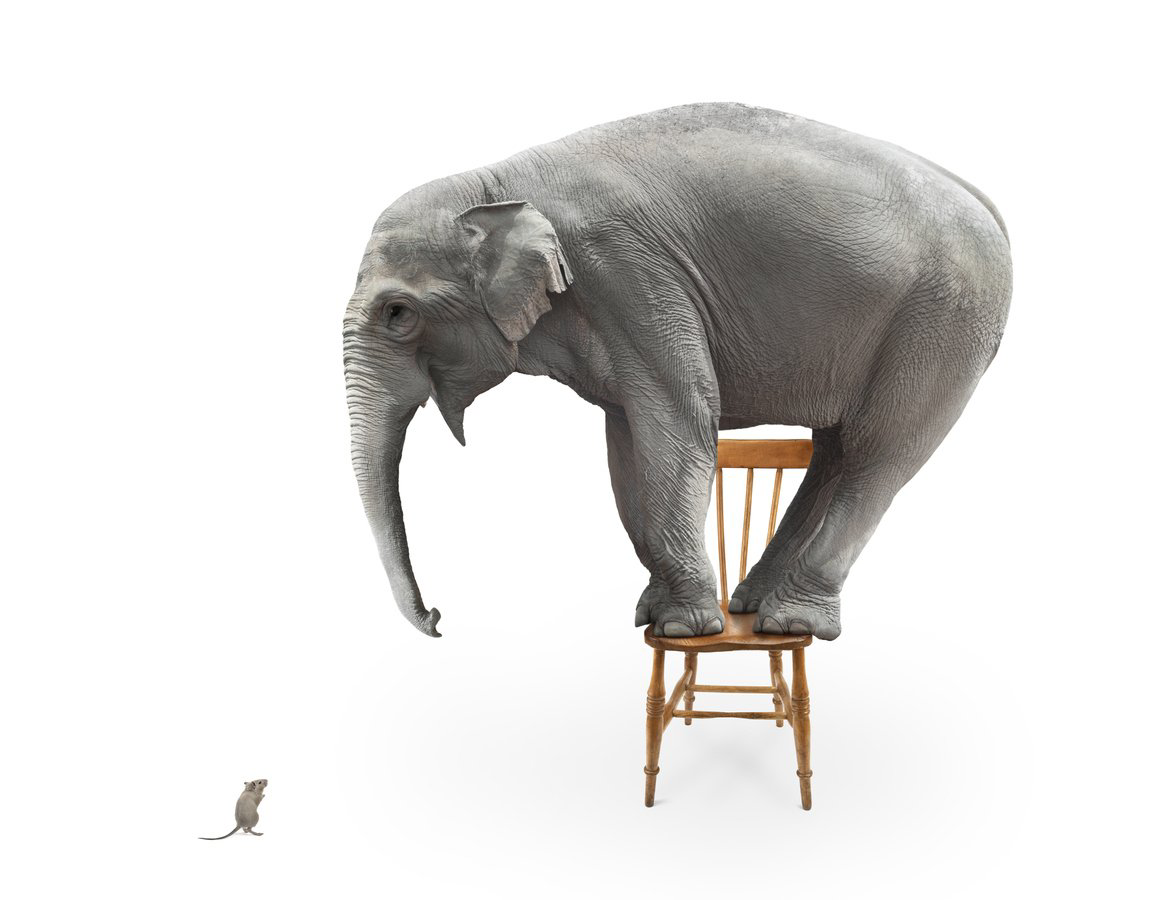Valerie Taylor-Walker
Are you feeling overwhelmed?

How stressful is life at the moment. Covid is still lurking around, now we have monkey pox and not forgetting the terrible atrocities going on in the Ukraine. Normally a nice holiday would help chill us out, at least for a bit, but it seems event that could be a problem with the increased fuel costs, train and airline strikes and lack of staff. It's now wonder so many of us are feeling overwhelmed and stressed out, trying to deal with all the demands placed on us in these uncertain times.
If you don't know already, some of the signs of stress are difficulty sleeping, constant fatigue, waking up feeling exhausted, difficulty concentrating, tense and aching muscles, headaches or tight chest, stomach upset and worsening symptoms of any existing medical problem.
There are several techniques which help us to relax and unwind, such as yoga, exercise, reading a book, listening to music or taking a long relaxing bath but what about during the day, when we are trying to cope with all the demands being thrown at us?
Firstly, we can remind ourselves to breathe. I know you have heard it all before, but it must work otherwise this advice wouldn't have been passed down through the generations. But its not just taking a breath, its more about breathing out! How often do we just breathe in the upper chest area and find we are holding our breath when tense. So check in occasionally throughout the day to see where those stress levels are at and if they are building up, just take a deep breath in (filling your abdomen with air in order to get all that oxygen deep into the lower lungs and into our organs), hold it for a couple of seconds and then breathe out (making sure the out breath is a little longer, eg breathing in for 4 and breathing out for 6. Breathing out all the toxins and stresses of the day.
Simply remembering to do this a few times during the day will lower your blood pressure, reduce your heart rate and bring your mind and body back into balance.
Latest Blog




